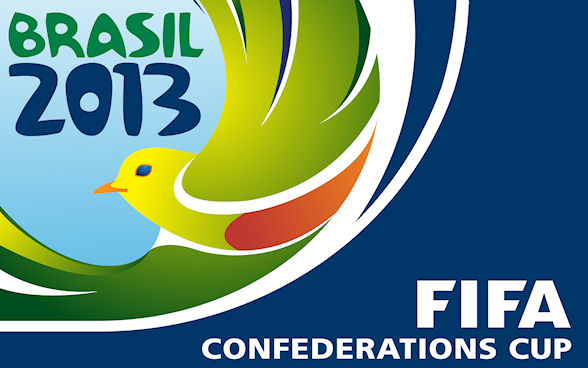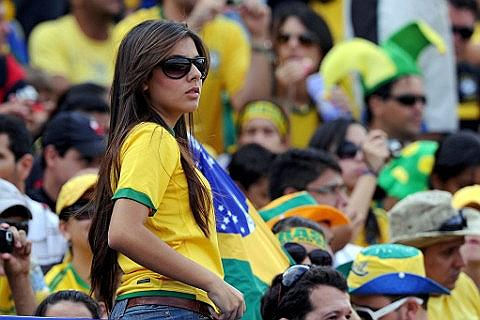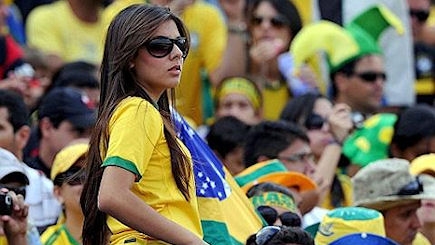Before 2005, when FIFA made the Confederations Cup a dress rehearsal for the World Cup it would precede, this tournament had fairly limited attraction in the already busy international football world. Since then, Germany in 2005, South Africa in 2009, and Brazil this year have used the Confederations Cup to show their ability to host the World cup successfully in regards to venues, broadcasting, transportation and security.

The 2013 FIFA Confederations Cup gets underway this Saturday.
The 2013 FIFA Confederations Cup gets underway in Brazil on Saturday. It will be contested by the holders of each of the six FIFA confederations championships, along with the FIFA World Cup holder and the host country. Eight teams will be divided into two groups with the top two in each group entering the semi-finals. The final will be held at the same venue as the World Cup final. In two weeks’ time, Estádio do Maracanã in Rio de Janeiro will witness the world’s champions in this newly refurbished stadium and the host nation will try hard to beat them all on home soil.
Group A includes tournament favorite Brazil as well as Japan, Mexico and Italy, who qualified as runner-up in the European Cup because champions Spain had already entered the game as World Cup holders. Apart from the home advantage, this Brazil side is not as dominant as they once were. Luis Felipe Scolari took charge of a team in transition and they still have a long way to go to become World Cup champions again. Italy manager Cesare Prandelli considers this tournament a great opportunity to prepare for the World Cup next year and has called up most of his key players such as Christian Maggio, Mario Balotelli and Giorgio Chiellini. These two teams will have the best chance to qualify to the next stage although Japan, who have improved rapidly in the last two decades, may cause some upsets.

Let the Samba begin!
Spain is undoubtedly the best team in Group B. In the last Confederations Cup, the Spaniards suffered a shock exit when they were knocked out in the semi-finals by the United States. Nevertheless, they played some superior football in the World Cup the next year to be crowned champions. Uruguay’s Óscar Tabárez may wonder what has happened La Celeste since they won the Copa América in 2011. Touted as the second best Uruguay national team in history, they are blessed with quality players such as Diego Forlán, Edinson Cavani, Luis Suárez and Diego Godín. However, their 1-0 victory against Venezuela this week was their first win since 10 June last year. They are now having serious problems qualifying for the World Cup. Tahiti represents Oceania for the first time in history, which is an incredible achievement for the island country. But this is a tournament out of their league. And Nigeria isn’t the same team as it was in the 1990s when they had great players such as Daniel Amokachi, Oliseh and Augustine Okocha. We can expect the victors to come from the European and South American teams.







